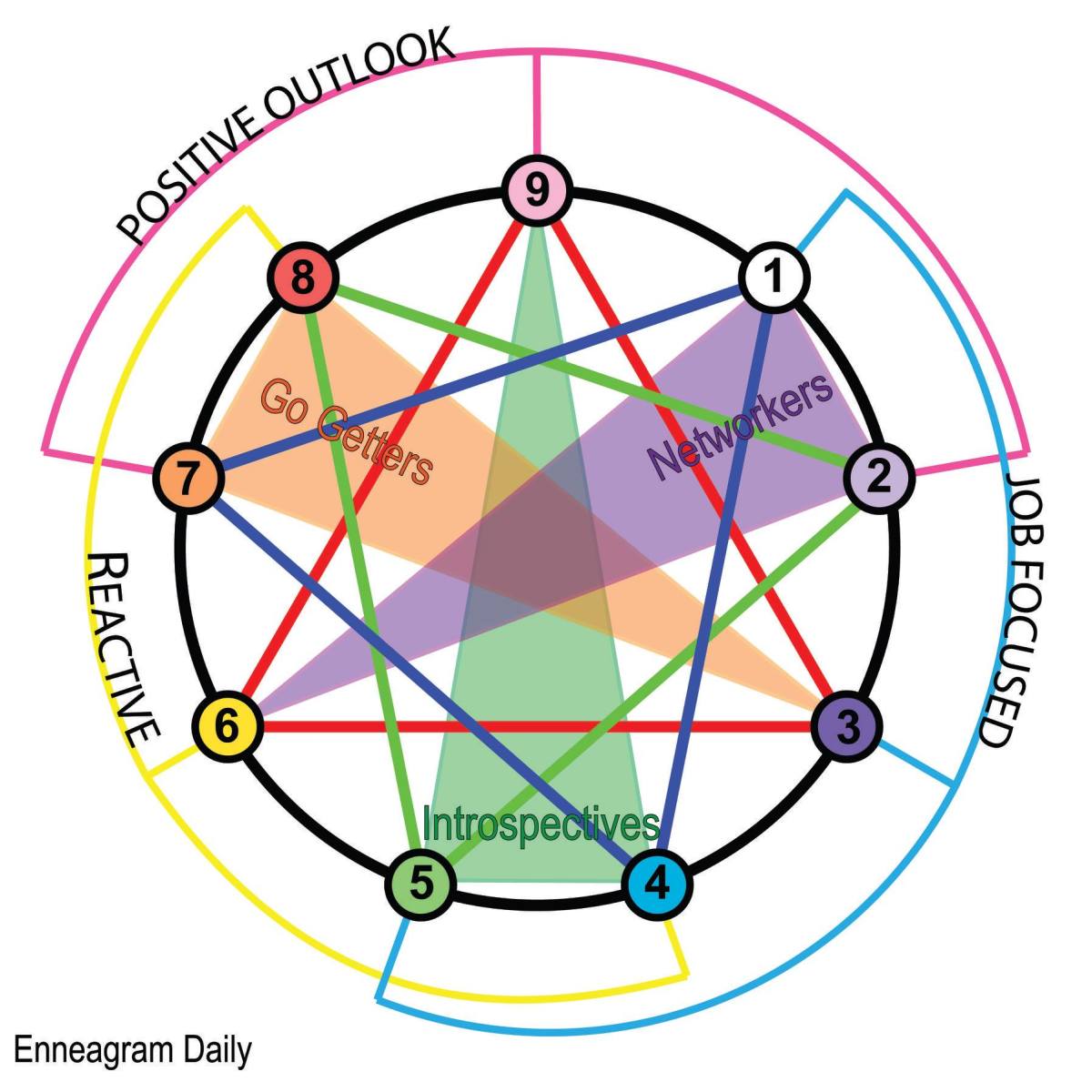The Counsellors Qualities and the Counsellors Role in Contemporary Multicultural Society
In what way is a counsellor more than a good listener?
In the contemporary multicultural society, where more and more people live allone, different cultural traditions compete with their value systems and people have difficulties to find a personal and individual image, plays counselling a growing role as a form of helping people to cope with difficult life situations, social or health problems, personal dilemmas, professional topics or unexpected events.
Counselling has roots in many special areas like psychology, religion, psychiatry, arts, philosophy and religion. So we can see a diversity of counselling in definitions, theories and approaches.
The three theoretical core modells of counselling are psychodynamic, cognitive-behavioural and person-centred theories. Which theory works best and is helpful for which client and his problems is to plan in the clients treatment. Often people testing more than one counsellor and different treatments to support them and find the appropriate treatment and counsellor relationship. General counsellor qualities can be described as sensitivity, respect, courage, empathy, integrity, wisdom, sincerity, humility, scientific knowledge, resilience and good communication skills.
The counsellors role in these diversity is to define in many aspects from a user-focused, on the persons needs and goals oriented perspective. To create a therapeutic relationship, a counsellor can play for the client for example the role of a teacher, parent, coach, trainer or philosopher. Important is the clients development of trust, the feeling of his counsellors authenticy, affirmation and presence, confidentiality, the being heard and valued, the awareness of boundaries and strong bonds with the counsellor, which help to create a working alliance and support repairing ruptures in the counselling relationship.






